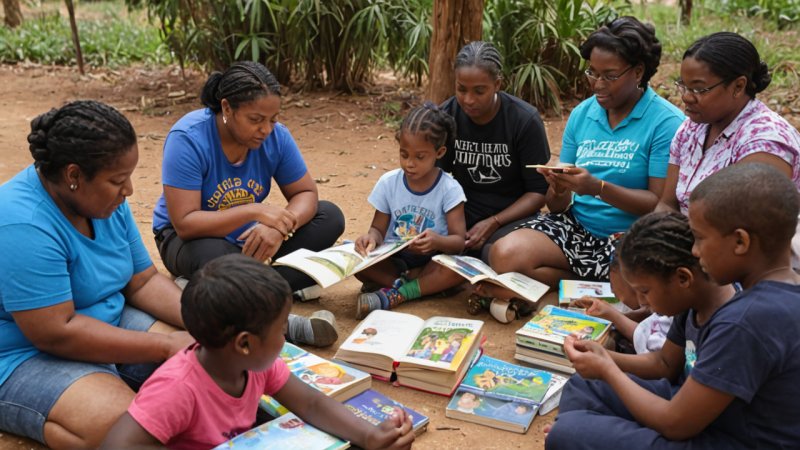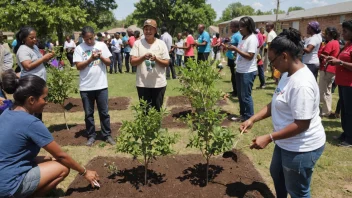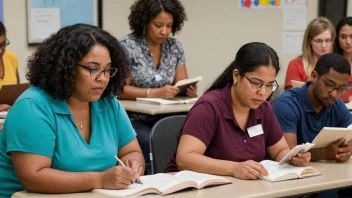Introduction
Literacy is a fundamental right and a cornerstone for personal and community development. Non-profit organizations play a crucial role in promoting literacy initiatives across the globe, addressing the barriers that prevent individuals from accessing quality education. This article will explore common questions about the impact of non-profits on literacy and how they contribute to building a more informed and empowered society.
What is the primary role of non-profits in literacy initiatives?
Non-profits primarily aim to enhance literacy rates by providing resources, educational programs, and community outreach. They often collaborate with schools, libraries, and local governments to implement effective literacy programs tailored to specific community needs.
How do non-profits identify literacy needs in communities?
Non-profits typically conduct needs assessments through surveys, community meetings, and collaboration with local stakeholders. By gathering data and feedback, they can identify gaps in literacy and prioritize their initiatives accordingly.
Can non-profits help adults improve their literacy skills?
Yes, many non-profits offer adult literacy programs that focus on reading, writing, and comprehension skills. These programs are designed to empower adults to participate more fully in their communities and improve their employment prospects.
What types of programs do non-profits offer to enhance children's literacy?
Non-profits provide a variety of programs for children, including after-school tutoring, summer reading camps, and literacy workshops. They often incorporate engaging activities such as storytelling, games, and technology to make learning enjoyable.
How can individuals get involved with non-profits focused on literacy?
Individuals can volunteer their time, donate books, or participate in literacy events organized by non-profits. Many organizations also offer training for volunteers who wish to tutor or mentor individuals in need of literacy support.
What are some successful literacy initiatives led by non-profits?
Several non-profits have made significant strides in literacy advocacy, such as:
- Reading Partners: This organization pairs volunteers with students in under-resourced schools to improve their reading skills.
- Literacy Volunteers of America: They provide training and resources for volunteers to help adults learn to read and write.
- First Book: This initiative distributes books and educational resources to children in need, ensuring access to quality literature.
How do non-profits measure the impact of their literacy programs?
Non-profits often use a combination of quantitative and qualitative methods to assess their programs. They track metrics such as reading levels, attendance rates, and participant feedback to evaluate the effectiveness of their initiatives.
What challenges do non-profits face in advancing literacy?
Challenges include funding limitations, lack of community awareness, and competition for resources. Additionally, reaching marginalized communities can be difficult due to transportation and accessibility issues.
How can literacy initiatives contribute to social justice?
Improving literacy rates is a critical step towards achieving social justice. It empowers individuals with the knowledge and skills necessary to advocate for themselves and their communities, thereby breaking cycles of poverty and inequality.
What is the future outlook for non-profits focusing on literacy?
With the increasing recognition of literacy as a fundamental human right, non-profits are likely to receive more support and collaboration from various sectors. This could lead to innovative programs and broader outreach, ultimately enhancing literacy rates globally.
Conclusion
Non-profits play a vital role in advancing literacy initiatives, creating opportunities for individuals to develop essential skills that lead to personal and community growth. By understanding the challenges and successes of these organizations, we can all contribute to fostering a more literate and equitable society.






